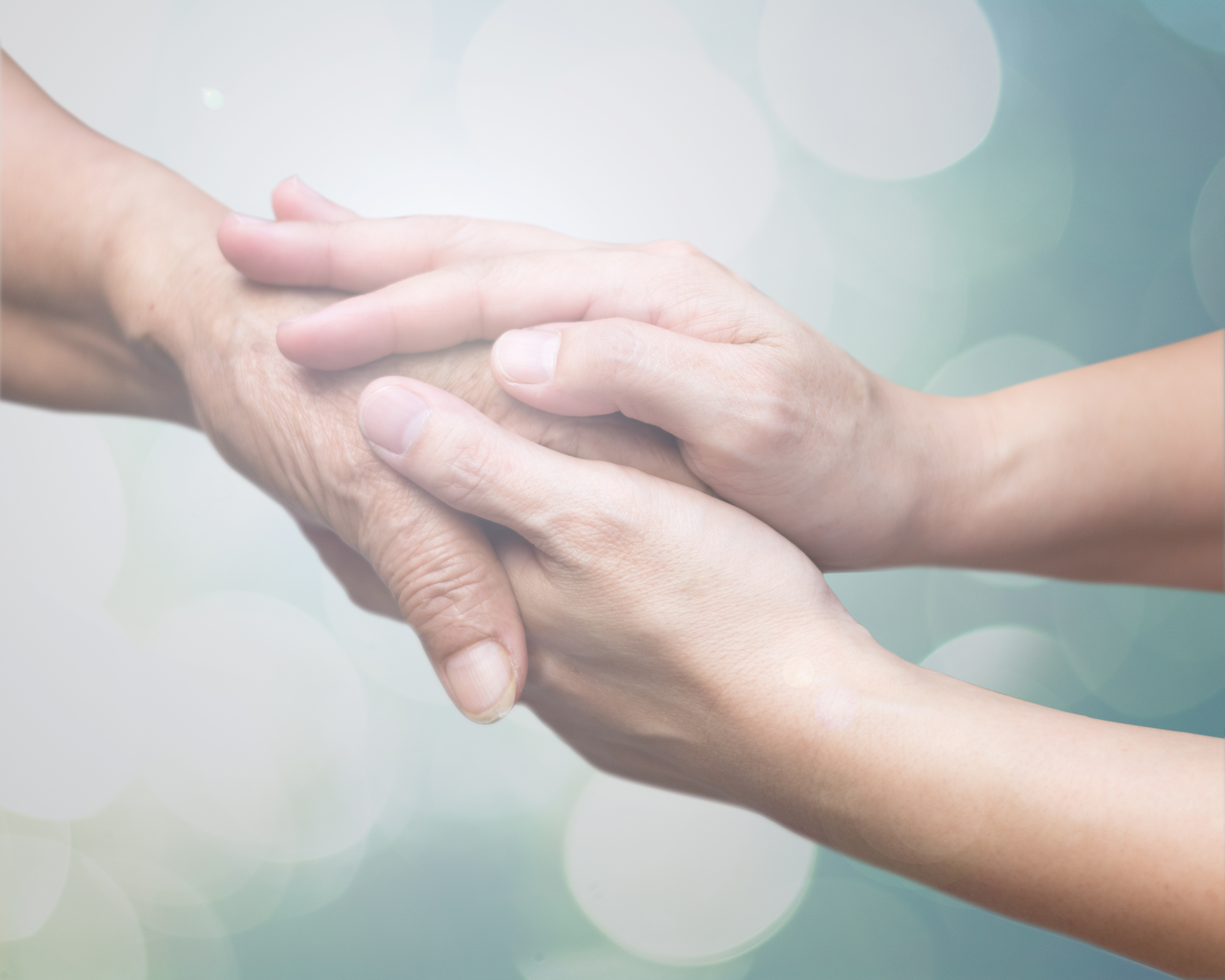Self-care—it’s one of those buzz words that’s been floating around, entering the everyday and medical world. But what does it really mean?
The fact that self-care is very personal and situational can make it hard to define, but a general definition is that self-care is “any necessary human regulatory function which is under individual control, deliberate and self-initiated.”
Practicing self-care can be a valuable practice that can be catered to anyone’s recovery journey. While your individual injury and situation can dictate what you are capable of doing for yourself (and what will work for you), incorporating self-care into your life can be a key skill to aid in your recovery and adjusting to your new life post-injury. It can help you put yourself in charge of your recovery.
Physical Self-care
After an injury it is likely that your physical needs will change. Whether that’s how long you need to sleep for every night or your eating habits, talking to your doctor about the physical aspects of your life that you will need to adjust after your injury is key to equipping yourself with the knowledge required to make the life adjustments you need.
Making sure you are getting the appropriate amount of sleep can ensure that your body can get the rest it needs to help itself repair. Eating nutritious food that fuels your body is important to giving yourself what you need during and after recovery. Also doing activities within your abilities to energize your body can help you feel better, like stretching, swimming, running, doing yoga, etc.
Mental Self-care
An injury can bring a lot of stress into your life. While stress can be helpful by giving you the ability to deal with challenges and threats you face, lots of it over time can take a toll on you. What helps people destress is a very personal thing. If you already know things that help you destress make time for them in your life. But, if you don’t know what can help you destress, or if you are no longer able to do what used to help you relax before your injury try some new ways and see what works. Taking a long bath, starting a meditation practice, and/or finding a new hobby are all things that could help.
Emotional Self-care
Self-care can also help you cope with the emotional toll an injury can take on your life. Spending time to dedicate to your emotional health, like seeing a counselor, journaling, taking time to talk and spend time with people you love and/or writing down gratitude lists can help
you be with the range of emotional challenges an injury can force you to experience. Among them learning to adjust to your life post-injury can be difficult. Trying to write a new mission statement for your life going forward is a great way to frame your new perspective of success and fulfillment.
Self-care after an injury makes you an empowered member of your circle of care—the team that is there to help you on your recovery journey. Another important member of your circle of care is a personal injury lawyer that can secure the legal, financial and personal support necessary following an accident. That’s where Dye and Russell can be there for you following your accident.
If you have been injured, and need legal assistance, call #1000 on your cell phone for free. We will offer you a free claim assessment.







